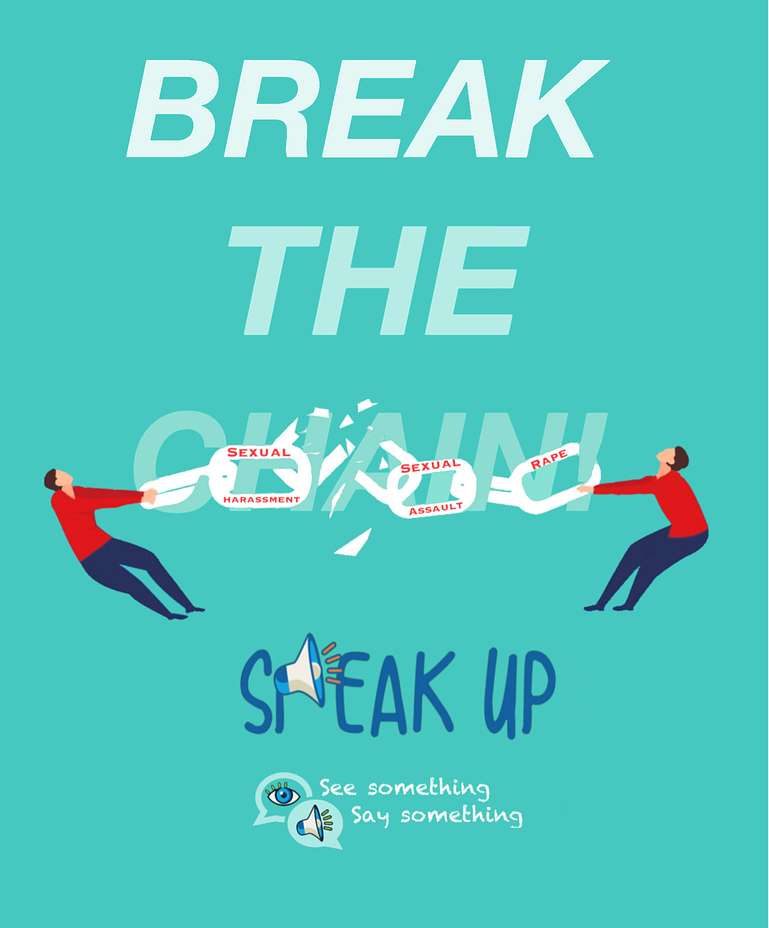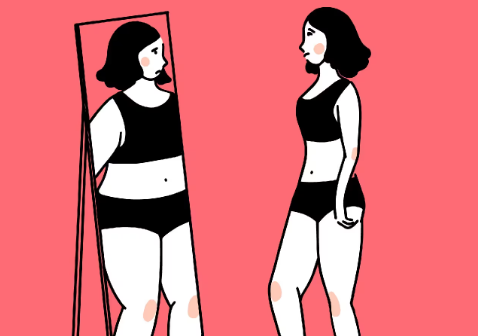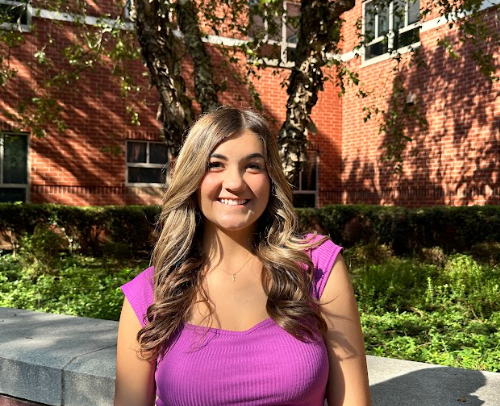Who knew our bodies, could be our own worst enemy?
February 28, 2023
Everyone is confident in their own bodies, right? Wrong. Many continue to struggle with body dysmorphia on a day to day basis.
Body dysmorphia is a legitimate mental health condition known as Body Dysmorphic Disorder (BDD). It manifests when a person spends an obsessive amount of time focusing on one or multiple appearance flaws. It is most common in female teens and young adults, but it can occur at any age or in any gender. Most of the time, the flaws are insignificant to others, but to the individual, it becomes something that controls their whole life.
According to CNN, around 61% of teens have experienced negative thoughts about their bodies. This all happens because at this age, our bodies are going through puberty and we surround ourselves in social media.
Many people around the world are currently struggling with BDD, especially ages 13-18. Caused by multiple factors such as environmental, psychological, and biological, it is exacerbated by bullying and teasing, that can worsen feelings of insecurity. BDD can affect a person socially, mentally, and physically. It can cause the individual to begin skipping activities because they don’t want to be seen. Not attending these social activities further worsens the feeling of insecurity by isolating at home.
As the weather starts to warm up outside, the demands of fashion change from sweatshirts and sweatpants, to shorts and tank tops. This creates a problem for those struggling with their appearance. Less clothing for warmer weather means more of our insecurities are exposed.
Things like social media, kids at school, or parents, tend not to help. In today’s society, we all seem to feel as though we are defined by the normal “standards.” When you think of the words “popular”, “pretty”, or “perfect”, what comes to mind? Skinny? Healthy? Lots of friends? Clear skin? That, in today’s world, is what is considered “perfect.”
The constant push of society can begin to affect an individual in other ways. BDD can open up or intensify other common issues such as eating disorders, depression, and even suicide.
People on social media lie. The point of apps like Instagram or Tiktok are to show the glorified sides of life. Everything you see is most likely edited in some way to hide what they want the world not to see. While this may be true, it certainly is hard not to compare yourself.
While these insecurities can be seen as large and noticeable, they can be beautiful to someone else. It’s important to love yourself in your own body because you only get one of them. We were all made differently for a reason and are all meant to stand out.




























